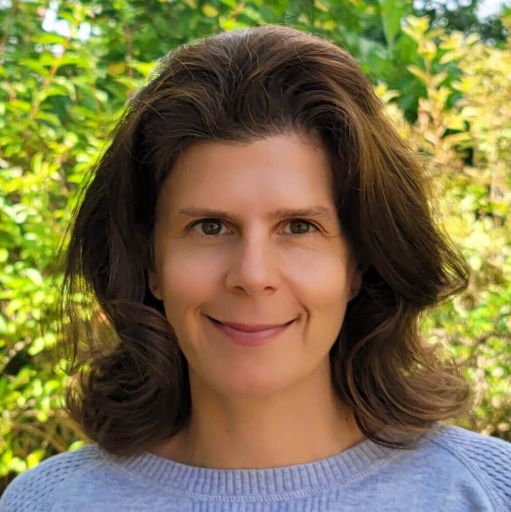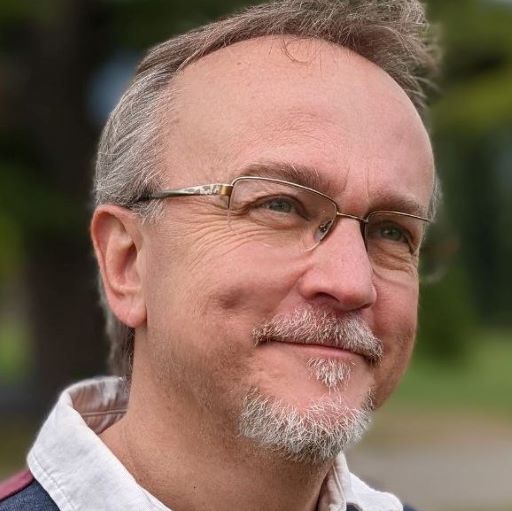We welcome the SECON 2023 keynote speakers!
Niki Trigoni - University of Oxford, UK

Scene Understanding in Challenging Scenarios Using Multi-Modal Sensing
Abstract: Despite the recent advances in sensing and scene understanding, real world deployment of situation awareness systems in extreme or previous unseen scenarios remains a challenge. In this talk, I will present some of the key challenges faced by scene understanding algorithms in emergency situations, including lack of pre-installed sensing infrastructure, lack of representative training data, sensor failure, and limited visibility and connectivity. I will then present recent research directions that we have pursued in the area of robust multi-modal sensing to address the challenging problems of localization, mapping and semantic understanding.
Biography: Niki Trigoni is Professor at the Oxford Department of Computer Science, heading the Cyber Physical Systems Group. Her interests lie in the tight integration of sensing and machine intelligence for context inference, control and human-machine interaction. She has applied her work to a number of application scenarios, including mobile autonomy, asset monitoring, and localisation systems for emergency situations, as well as workforce safety and efficiency. Trigoni has founded and served from 2014-2019 as Director of the Centre for Doctoral Training on Autonomous and Intelligent Machines and Systems. Driven by her passion for research translation, in 2015, she founded Navenio Ltd, a deep tech Oxford spinout on infrastructure free indoor positioning, and a 2020 KPMB Best British Tech Pioneer. In 2023, she won the CTO of the Year award at the UK's Women in IT Awards, demonstrating impact from translating positioning tech to improve efficiency in the healthcare sector.
Gian Pietro Picco - University of Trento, Italy

The Many Faces of Ultra-wideband Concurrent Transmissions
Abstract: The conventional wisdom of wireless networking tells us that concurrent transmissions from multiple senders colliding at a receiver result in packet loss. However, this is not always true: under the proper signal timing and power conditions, one of the colliding transmissions is almost always received due to the capture effect. In this talk, we focus on ultra-wideband (UWB) radios. On one hand, concurrent transmissions can be exploited for multi-hop communication, enabling novel network primitives and protocol designs with unprecedented performance and reliability. On the other hand, they can be exploited in conjunction with the distinctive features of UWB: distance estimation and localization. Indeed, UWB transmissions rely on very short pulses; their individual times of arrival can be discriminated in the channel impulse response (CIR) at the receiver. Based on this observation, we design unconventional schemes where a device can simultaneously estimate its distance from several others, or a set of devices can localize countless targets in an area, yielding accuracy comparable to conventional schemes but significantly faster and more energy-efficient operation.
Biography: Gian Pietro Picco is a professor in the Department of Information Engineering and Computer Science (DISI) at the University of Trento, Italy. His research has spanned software engineering, middleware, and distributed systems, and is currently focused on low-power wireless networking and localization for the Internet of Things and cyber-physical systems. The research performed in his group emphasizes the validation of novel approaches and protocols via system prototypes and their evaluation in real-world testbeds and applications. He is the recipient of several awards, including a "Most Influential Paper" at ICSE'07 (for a paper published a decade earlier) and Best Paper Awards at IPSN (2009, 2011, 2015, 2023), PerCom (2012), EWSN (2018), and IPIN (2019). He has served as General Chair and Program Chair for several flagship conferences (e.g., SenSys, CPS-Iot Week, SECON, EWSN, IoTDI, DCOSS, Middleware). He is an associate editor for ACM Trans. on Sensor Networks (TOSN) and has served in the same role for IEEE Trans. on Software Engineering (TSE) and the J. of Pervasive and Mobile Computing. He is also the founding Editor-in-Chief of the ACM Trans. on the Internet of Things (TIOT).


